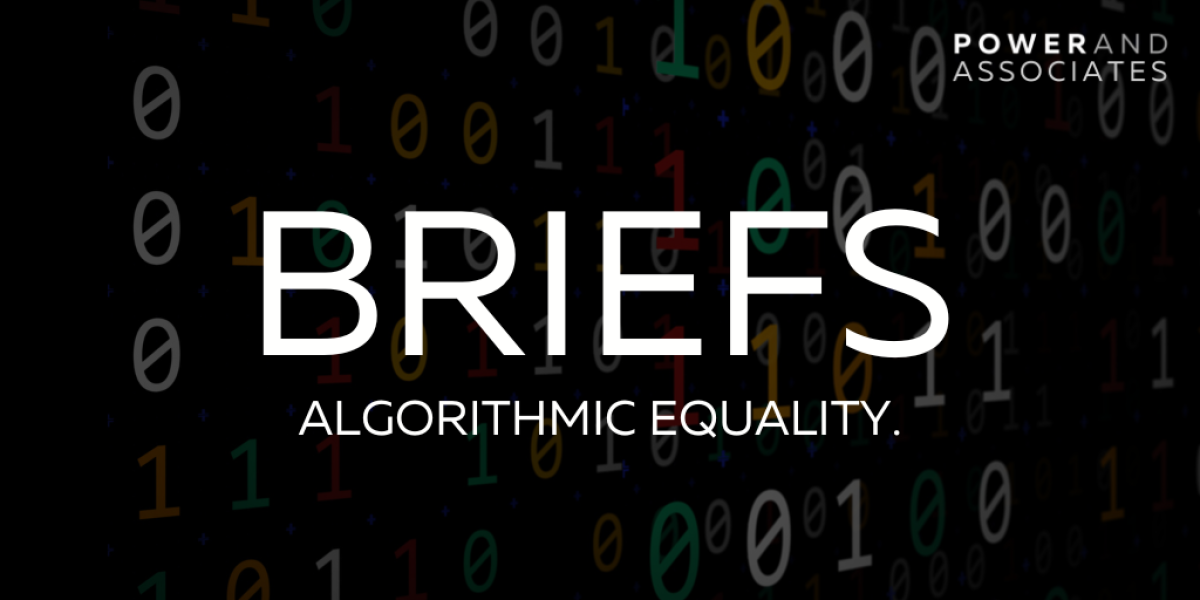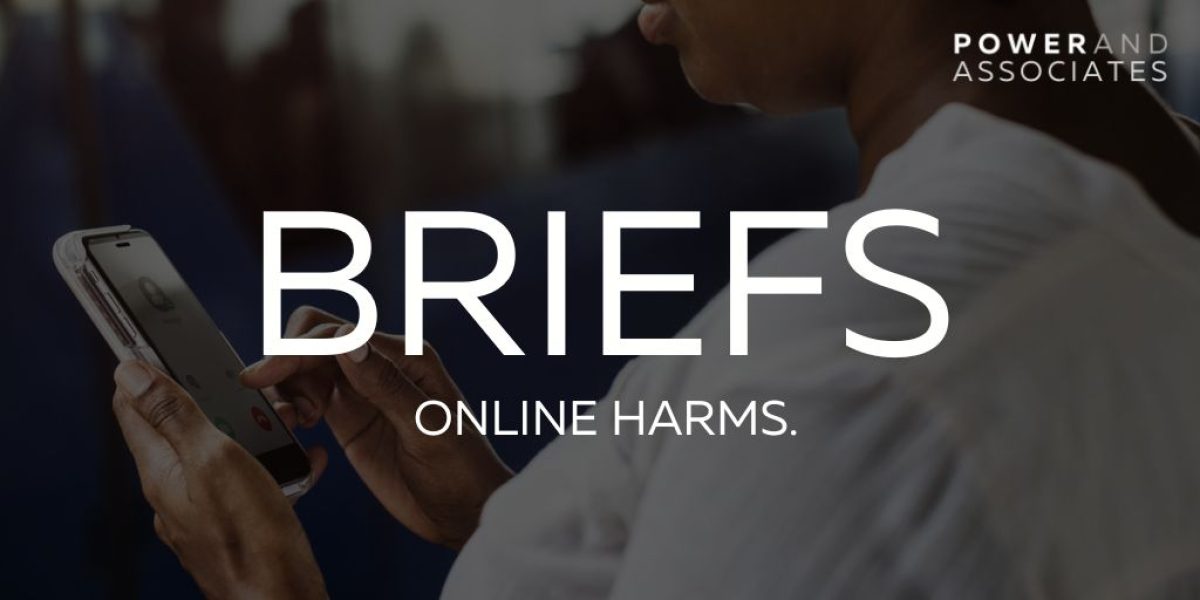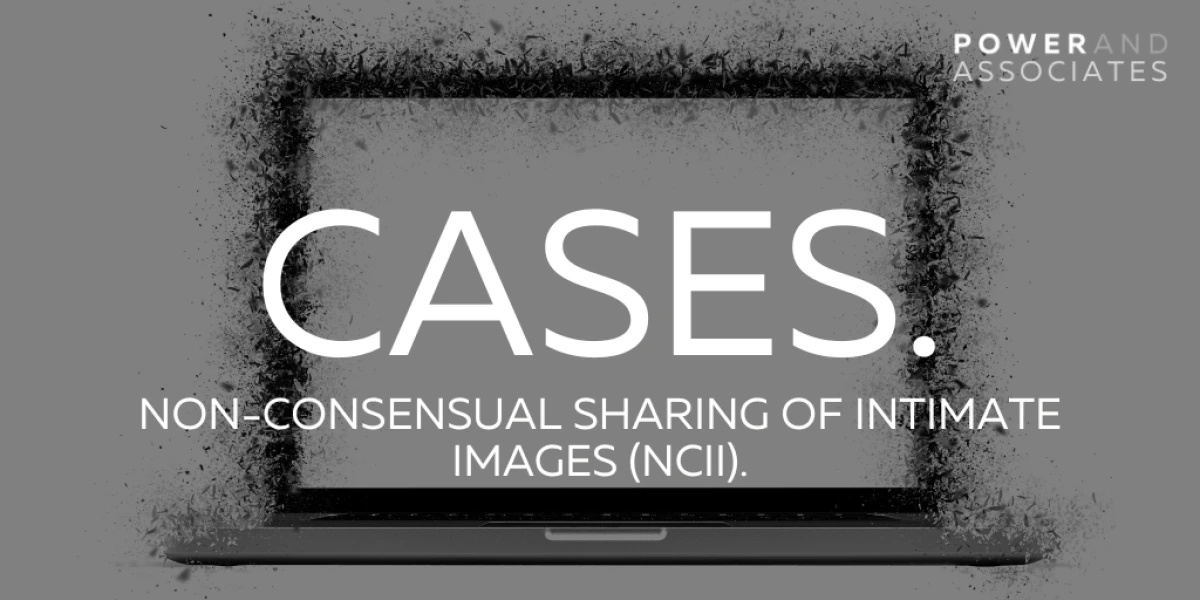South Africa: Should social media influencers have to disclose paid political work?
In this brief, Christy Chitengu unpacks an emerging challenge for contemporary democracies: the lack of transparency standards for the use of social media influencers in electioneering. In a year when an unprecedented number of people across the world are set to take part in elections, this lacuna in the traditional framework of electoral transparency has implications for the ability of ordinary people to make informed decisions when voting.
Transparency is vital in a healthy democracy and is expected from political parties and their leaders. But the standards of transparency to be expected from social media influencers who use their influence for political campaigns are presently unclear. This warrants further investigation, given that a lack of transparency has a bearing on the ability of ordinary members of the public to make informed decisions when voting.
The covert use of social media influencers in electioneering could be an emerging issue in contemporary democracies globally. In Nigeria’s national elections in 2023, for example, a BBC investigation found that several political parties had been paying social media influencers up to $ 45,000 (R850,000) to spread disinformation about opposition parties. In the United States, social media influencers are seen as a growing target for political spending, with no clear regulation for this kind of electioneering.
South Africa is no stranger to the use of paid social media influencers for electioneering. In 2017, a public relations company alleged that the African National Congress (ANC) had promised to pay it R2.2 million for an elaborate, potentially misleading, communications campaign ahead of the 2016 local government elections. This reportedly included a plan to use 200 social media influencers and celebrities to instigate ANC-positive narratives on Twitter (now known as X) and Facebook, along with the distribution of fake posters for opposition parties, and arranging for callers to talk radio stations to complain about the fake posters. Many of the planned actions did not materialise and the ANC reportedly reached a R1 million settlement with the PR firm. Nevertheless, the incident illustrates the risk that South African political parties may resort to unscrupulous promotional strategies and disinformation to influence voters.
It has been five years since the scandal was reported and South Africa is gearing up for national elections in May 2024. With the growth in monetised social media influencers, everyone needs to be aware of the potential for social media influencers to broadcast paid political content. This need for awareness extends to non-citizens as well, because migrants often become targets in political campaigns, and the policies proposed by different political parties can significantly impact their lives, despite their lack of voting rights.
The appeal of social media influencers in electioneering
Estimates from 2024 suggest that the global influencer market will grow to $ 24 billion (about R 450 billion) and that nano and micro-influencers are preferred over macro-influencers and celebrities.
Brands, and by extension political campaigns, associate with influencers because they believe that the influencer can entice their audience to purchase a specific product or buy into an idea. The relationship between influencer and follower is based on a degree of pre-existing trust that brands leverage for commercial gain. In the political realm, an added benefit of paid partnerships with social media influencers is that these arrangements fall outside of existing regulation for other forms of political advertising, like radio or television ads.
The need for regulation
In South Africa, as in most democracies, there are strict standards for political advertising on television and radio. The Independent Communications Authority of South Africa (“ICASA”) oversees regulations on regulations which stipulate the form of such advertising, including that political advertising must be clearly identifiable as such, and it should clearly identify the relevant party or candidate. The regulations also provide for complaints procedures relating to political advertising.
This regulation of political advertisements in broadcast formats shows that there is a legitimate need to regulate political advertising to foster transparency and accountability in the democratic process, and to ensure fairness and equality among participants. However, as yet no such regulation exists for political advertising through influencers.
In February 2024, ICASA issued amendments to these regulations. The amendments seek to update the existing framework for election-season advertising to reflect changes in the political environment, most notably to include independent candidates who will be able to compete in South Africa’s national and provincial elections for the first time in 2024. However, the amendments do not address the use of social media for political party advertising, or paid partnerships with influencers. This omission overlooks the undeniable impact of social media in shaping the voters’ opinions during election periods.
Other opportunities to close the gap
Where political parties have paid to benefit from the relationships between influencers and their followers, this should be properly disclosed to social media followers.
One way to do so is to ensure that paid promotions are properly labelled as advertising. It should also be expected that political parties disclose their marketing spending in their campaign records, including information on which social media influencers and marketing agencies their money is dispersed to.
In the context of social media advertising, regulation could be done through the Electoral Code of Conduct which applies to every political party and independent candidate. Considering the increasing role of social media in political campaigning, the Electoral Commission of South Africa (the IEC) could incorporate a social media campaigns policy in the Code of Conduct to require proactive disclosure from political parties and their candidates when they pay social media influencers to post an advertisement for a political party. This would hold political parties, candidates, and election officials accountable for ensuring that this form of electioneering upholds the public’s right to know and access information.
By implementing regulations that provide equal opportunities for campaigners, regardless of their affiliations or financial resources, the integrity of the electoral process is safeguarded. This approach not only promotes a level playing field for political parties but also empowers everyone to make informed decisions by exposing them to diverse viewpoints and policy proposals. Ultimately, by prioritising public access to information and fair campaign practices, South Africa can strengthen its democracy and uphold the principles of accountability and representation.
The way forward
Transparency is a non-negotiable pillar of good governance within any healthy democracy, and should be an expectation not only for political parties and their leaders but also for social media influencers who wield considerable influence during political campaigns. The current ambiguity surrounding the standards of transparency in social media political endorsements needs urgent investigation and debate.
This issue is particularly critical in a year where an unprecedented number of people are set to take part in elections across the world. In South Africa, the lack of clear standards directly impacts the ability of all members of the public, regardless of citizenship status, to make informed decisions during elections. While recent efforts, such as ICASA’s amended Regulations, aim to ensure fairness in traditional media, the omission of regulations addressing social media advertising is glaring. Other efforts, such as the establishment of formal cooperation between the IEC and major tech platforms to promote election integrity, are also welcome.
However, given the undeniable influence of social media on public opinion and political participation, regulations must be extended to cover the paid use of influencers in electioneering.
As South Africa gears up for another election cycle, it is paramount that all stakeholders take proactive steps to safeguard the integrity of the electoral process and ensure transparency and accountability in political campaigning in the digital sphere.
Christy Chitengu is a candidate legal practitioner at Power & Associates.
Please note: The information contained in this note is for general guidance on matters of interest, and does not constitute legal advice. For any enquiries, please contact us at [email protected].





